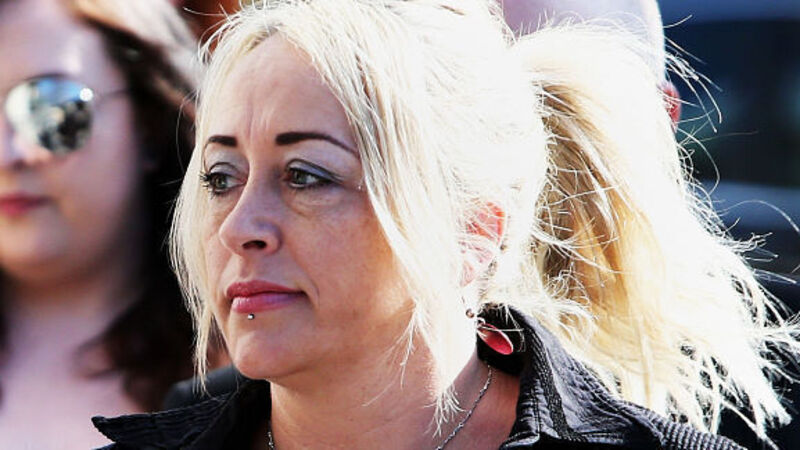Woman cleared of helping friend in suicide bid

The jury at Dublin Circuit Criminal Court took seven hours to find Gail O’Rorke, 43, not guilty of the charge after an eight-day trial. It was the first prosecution under the Criminal Law (Suicide) Act 1993, which decriminalised suicide but made it an offence to assist another to end their life.
Ms O’Rorke, a taxi driver from Kilclare Gardens, Tallaght, was accused of attempting to help Bernadette Forde, 51, get to the Swiss euthanasia clinic Dignitas, a plan that was thwarted when the travel agent alerted gardaí. Ms Forde had been suffering from a severe form of multiple sclerosis.













